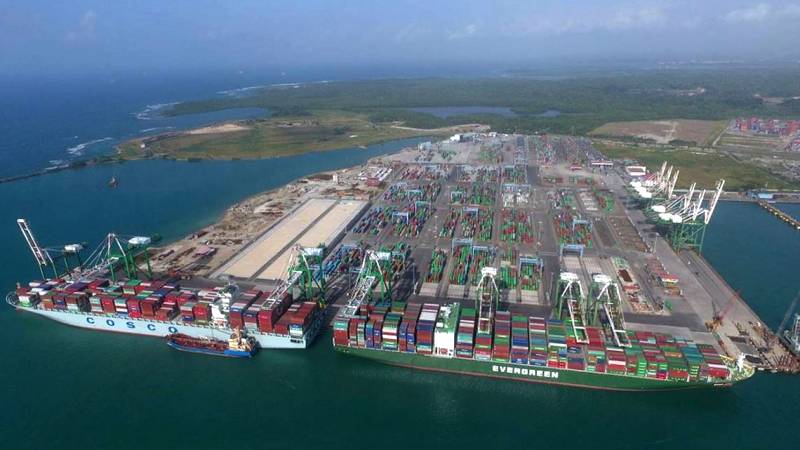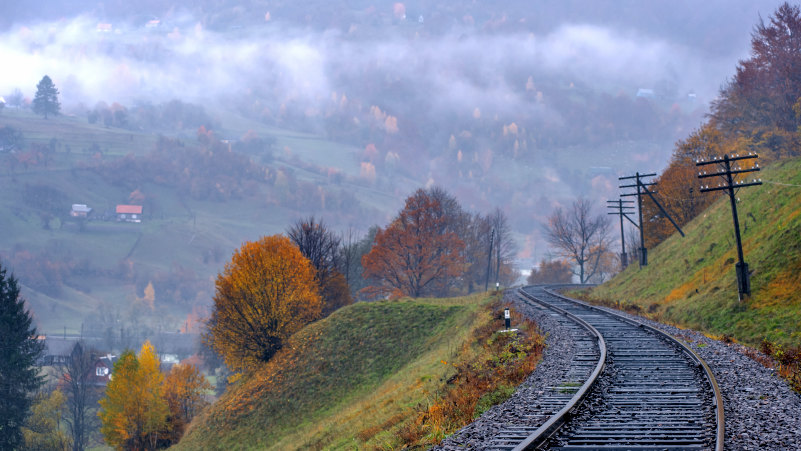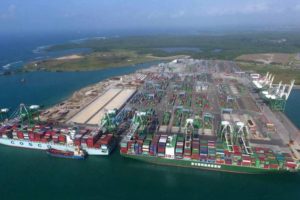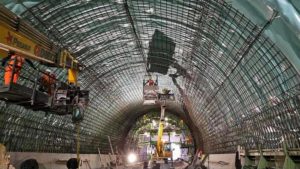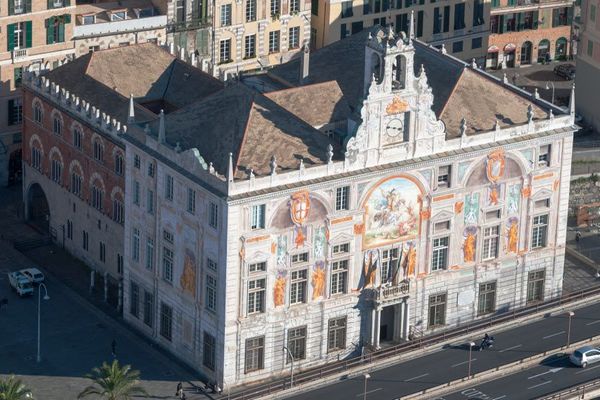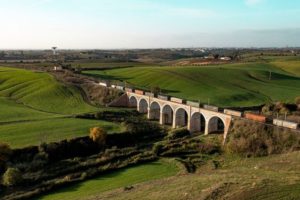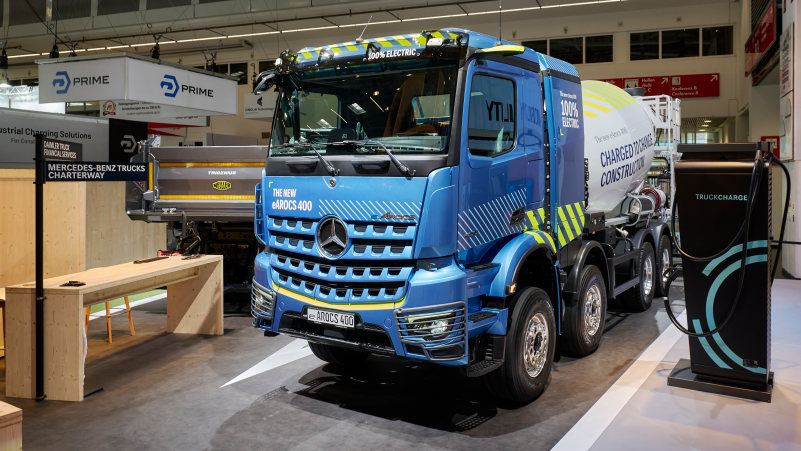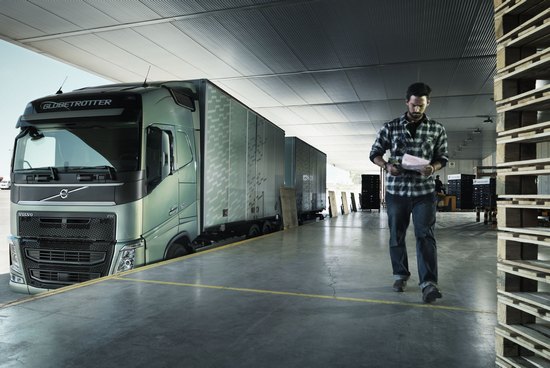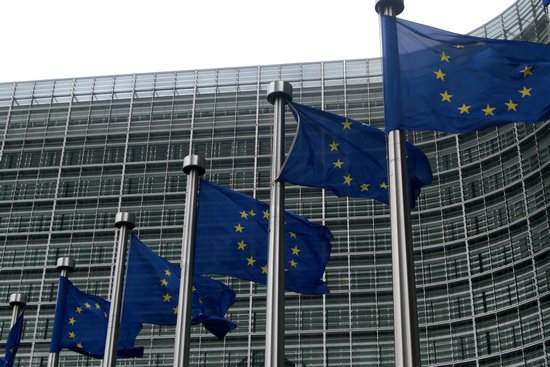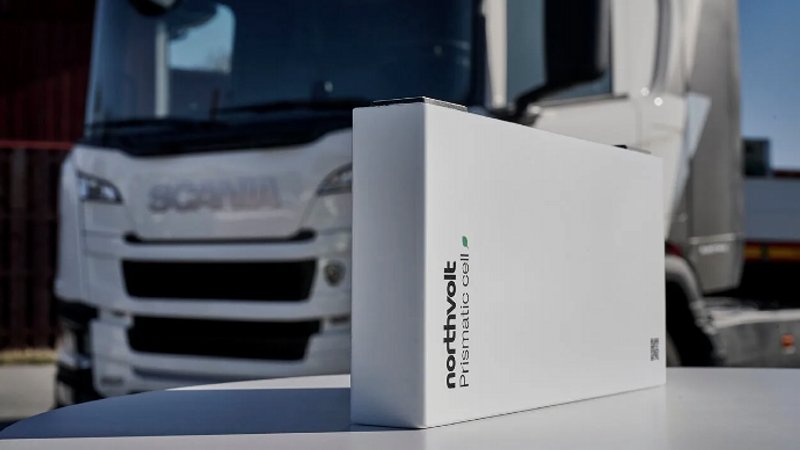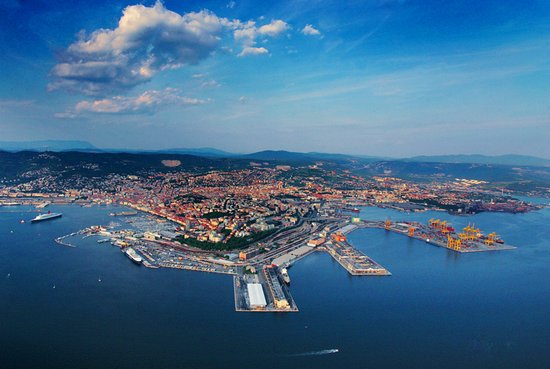As detailed in the latest annual report by Oti Nord, the Territorial Observatory for Infrastructure under the auspices of the industrial associations of Northern Italy, there's significant concern over the delays affecting the Alpine pass system and the Rhine-Alps Corridor, which are crucial for maintaining connections with the rest of continental Europe. The year 2023 has been marked as a particularly challenging period, with negative events ranging from traffic restrictions affecting heavy vehicles heading to Austria and Switzerland, to the extraordinary maintenance closures of the Mont Blanc and Great St. Bernard tunnels. Additionally, the railway sector has faced its own hurdles, notably the blockage of the Frejus tunnel due to a landslide in August 2023 that disrupted communications in the French region.
Oti Nord highlights that Italy's total commercial exchange through the Alpine passes reaches 180 million tons of goods in transit, valued at an estimated 550 billion euros. The Observatory monitored 83 infrastructure interventions covering all modes of transport, noting that only half of the projects are progressing on schedule, while a third have experienced slowdowns. For railway works, 2022 concluded with the technological upgrade of the Milan-Monza-Chiasso line, a useful improvement that nonetheless does not increase capacity on this key route towards the Gotthard. No projects were completed in 2023, a slowdown attributed to the large scale of these interventions requiring longer timelines.
Central to the Oti Nord report are the construction sites and projects associated with the two TEN-T community corridors, namely the Mediterranean and the Rhine-Alps. The former includes the cross-border section of the Turin-Lyon with the Mont Cenis base tunnel and the Milan-Venice line. After years of substantial deadlock, there has been noticeable progress on the new transalpine railway with France, with all tunneling works now contracted out and partially underway. Progress is also being made on the new railway between Brescia and Verona and from Verona to Vicenza, while projects from there to Padua remain on paper.
The situation along the Rhine-Alps corridor is less than ideal, with accumulated delays for the Third Pass works and the planned but not yet initiated interventions between Tortona and Milan. As for the railway connections towards the Gotthard, new line and connection projects remain only in the study phase. The railway between Genoa and Ventimiglia largely remains a single track with its nineteenth-century route between Finale Ligure and Andora, and a solution does not appear imminent.
Piermario Curti Sacchi


